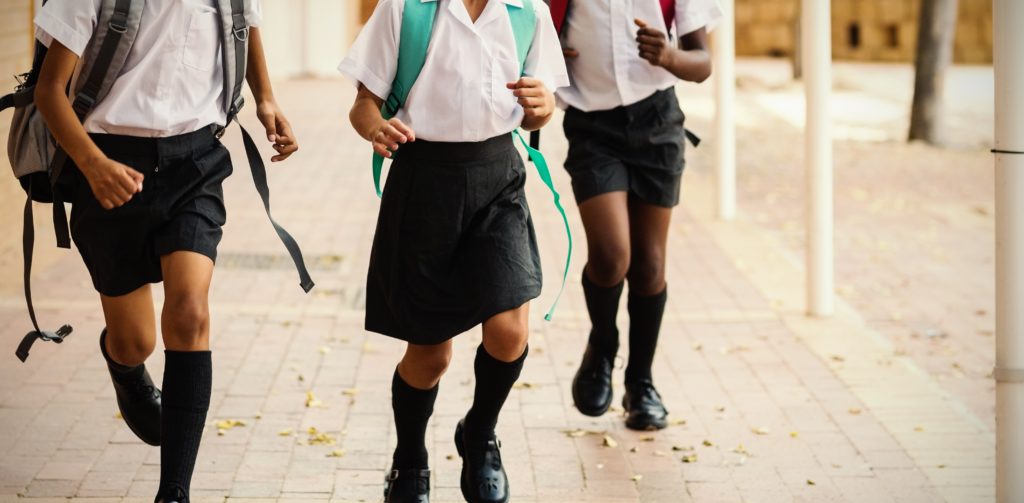
Sexual abuse or assault can happen to anyone, regardless of gender, age, race, or socioeconomic status. When the victim is a child, however, it can be especially difficult to know how to respond. As more and more children report being sexually abused or assaulted in grade school and high school, it’s vital that parents take steps to protect their children and respond to incidences of school sexual violence.
First Responders: Taking Immediate Action
If you learn your child has been assaulted or abused contemporaneously with the occurrence, attempt to preserve as much evidence as possible. Do not wash, comb, or clean any part of your child’s body, and do not change his or her clothes. Pack a change of clothing and take your child to the nearest hospital emergency room. The clothing will be collected and your child will be examined and treated for any injuries; testing will be done, if appropriate, for pregnancy or sexually transmitted infections (STIs). Evidence collecting procedures will be conducted, such as swabs, external and internal examinations, and other sample collection as appropriate.
The hospital staff can connect you with your local police, to report the occurrence, and a rape/sexual assault crisis center. A crisis center has professionals and experienced volunteers who will help support you while you are in the hospital, take appropriate steps to report the assault, and find counseling and support groups for you and your child.
If you learn your child has been sexually abused or assaulted a substantial amount of time after the occurrence, contact the Louisiana Department of Children and Family Services (DCFS) by calling 1-855-4LA-KIDS (1-855-452-5437), toll-free, 24 hours a day, 365 days a year, or filling out a reporting form online. DCFS can help guide you to the appropriate resources to report and investigate the abuse or assault and make contact with the correct law enforcement agencies.
Supporting Your Child: Finding Resources for Healing
A criminal investigation can be invasive and emotionally upsetting for your child and your family. Answering questions about the abuse or assault and participating in prosecution or litigation against the perpetrators can be psychologically brutal. Investigate resources like RAINN (Rape, Abuse & Incest National Network), the nation’s largest anti-sexual violence organization, and Stop Sexual Assault in Schools, a national organization specifically created to address sexual harassment/assault of students in grades K-12. These organizations can help you connect with professional counselors and therapists, fellow survivors of abuse and parents of child victims, and other resources to help you and your child recover and move forward.
Could Your Child’s School Be Liable?
After you have reported the occurrence(s) to the police, you may wish to notify your school district or your school directly—especially if you believe your child or others are in continuing danger. If behavior or threats had been previously reported to the school and escalated or continued, resulting in the sexual assault to your child, you may be able to hold your child’s school liable under federal law.
The anti-discrimination law known as Title IX not only prevents discrimination against students on the basis of their genders but also requires K-12 schools and colleges to take steps to protect students from sexual harassment and sexual violence. Under this law, schools must actively take steps to prevent sexual violence, promptly and thoroughly investigate reports of sexual misconduct, and make appropriate efforts to remedy the damage done by sexual violence when it occurs. Reporting what happened to your child to the appropriate law enforcement agencies and the agencies that oversee the school (your local public school district or the Louisiana Board of Elementary and Secondary Education for private schools) will help ensure that such an investigation is carried out.
There may be other options that allow you to hold your child’s school liable under state or federal laws. Parish schools run by church organizations with knowledge of predatory clergy and officials have been increasingly subject to successful civil suits. Even if a claim is unsuccessful, litigation may effectuate change in the way sexual harassment and abuse claims are handled by the school administration and encourage implementation of anti-harassment measures. This can help make schools safer for all children and prevent future abuse.








